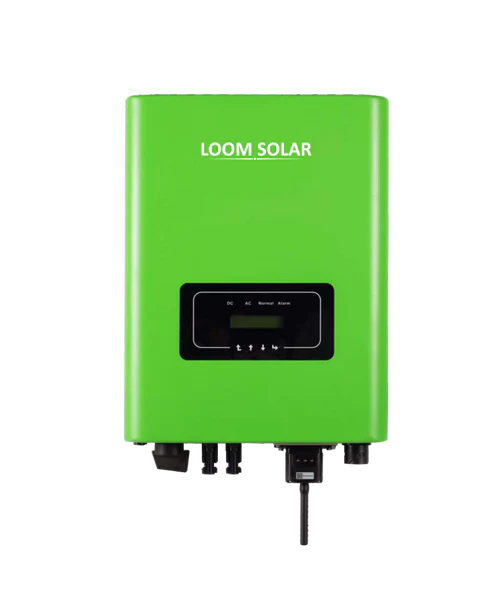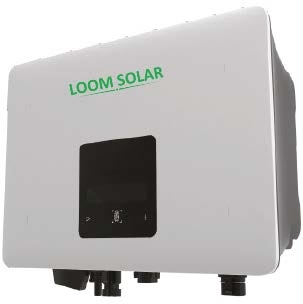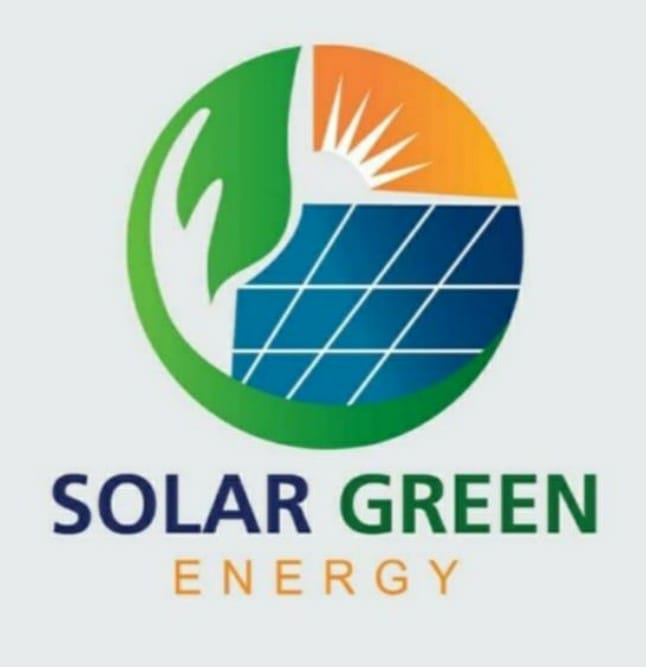What is a Solar Inverter?
A solar inverter is a device that converts the DC power produced by solar panels into AC power, which is what most appliances use. It ensures that the energy harnessed from the sun can be efficiently used in our everyday lives. Think of it as the brain of your solar power system, managing and optimizing the energy conversion and distribution process.
Types of Solar Inverters
- String Inverters
These are the most common type of solar inverters. They are used in grid-connected solar power systems where multiple solar panels are connected in series (or strings). All of the DC power generated by the solar panels flows through a single inverter for conversion into AC power. - Microinverters
Unlike string inverters, microinverters are attached to individual solar panels. This allows for more precise energy conversion and better performance, especially in systems with shading or uneven panel conditions. Each panel operates independently, so the failure of one does not impact the performance of others. - Hybrid Inverters
These inverters combine the functions of a solar inverter with energy storage management. Hybrid inverters allow you to store excess solar energy in batteries for later use, making them ideal for off-grid systems or areas with unreliable electricity supply. - Central Inverters
Typically used in large-scale solar power plants, central inverters are high-capacity units that manage the power output of hundreds or thousands of solar panels. These inverters are designed for maximum efficiency in commercial and industrial applications.
Key Features of Solar Inverters
- Efficiency: Modern solar inverters are highly efficient, with conversion rates often exceeding 98%. The higher the efficiency, the more energy your system can convert and use.
- Monitoring: Many solar inverters come with monitoring systems that track the performance of your solar energy system in real-time. This helps homeowners and businesses monitor energy generation and identify potential issues quickly.
- Grid Connection: Grid-tied solar inverters ensure that excess energy is fed back into the grid, allowing you to earn credits or reduce your electricity bill through net metering.
- Battery Storage Compatibility: Hybrid and off-grid solar inverters come with battery storage options, allowing you to store surplus energy and use it during the night or when there is a power outage.
Why Choose a Solar Inverter?
- Reliable Power Supply
With a solar inverter, you ensure that your solar energy system runs efficiently, providing you with a reliable and sustainable power source. - Reduced Energy Bills
Solar inverters help you make the most of the solar energy produced, lowering your dependence on the grid and significantly reducing your electricity costs. - Environmental Benefits
By utilizing clean, renewable solar energy, you’re reducing your carbon footprint and helping fight climate change. - Long-Term Investment
Solar inverters are built to last, often with warranties that last 10–12 years. They provide a long-term solution for reliable, cost-effective energy generation.


